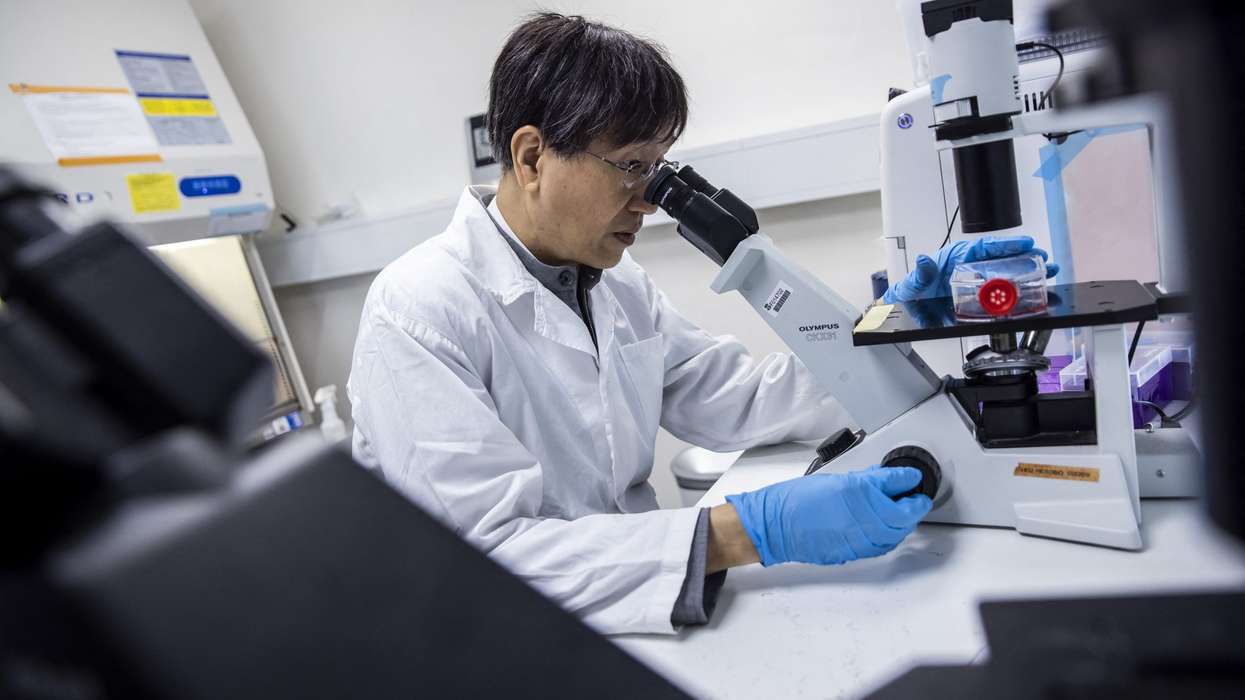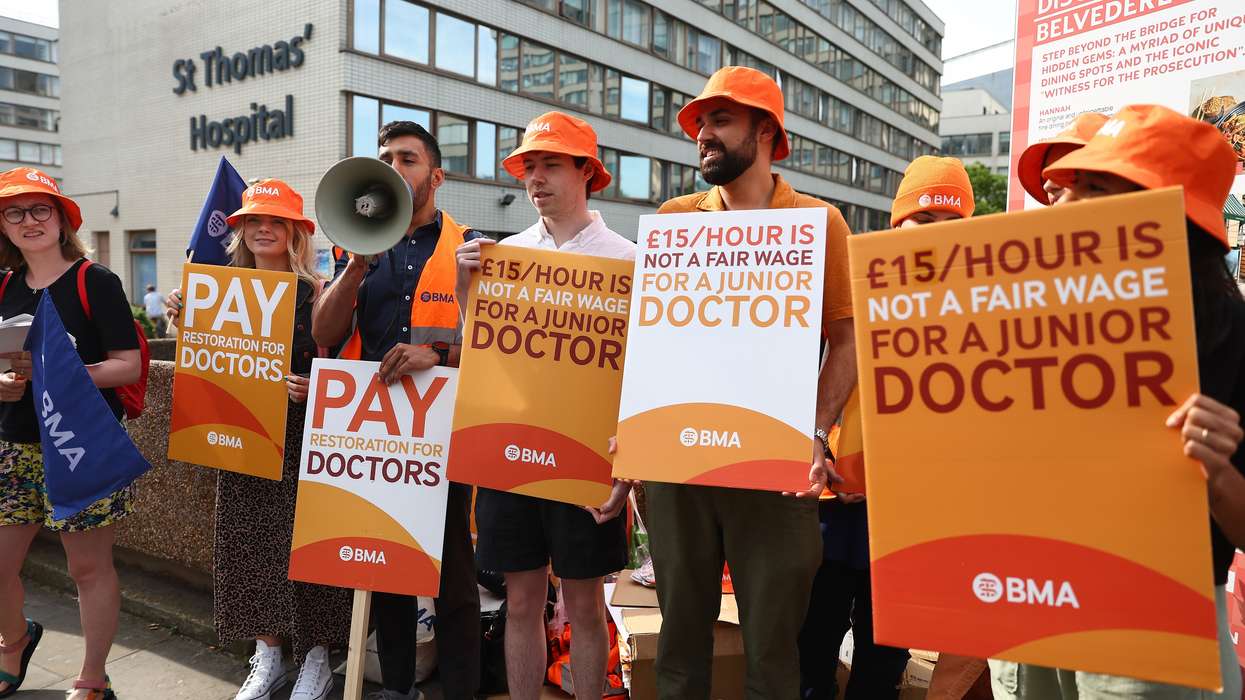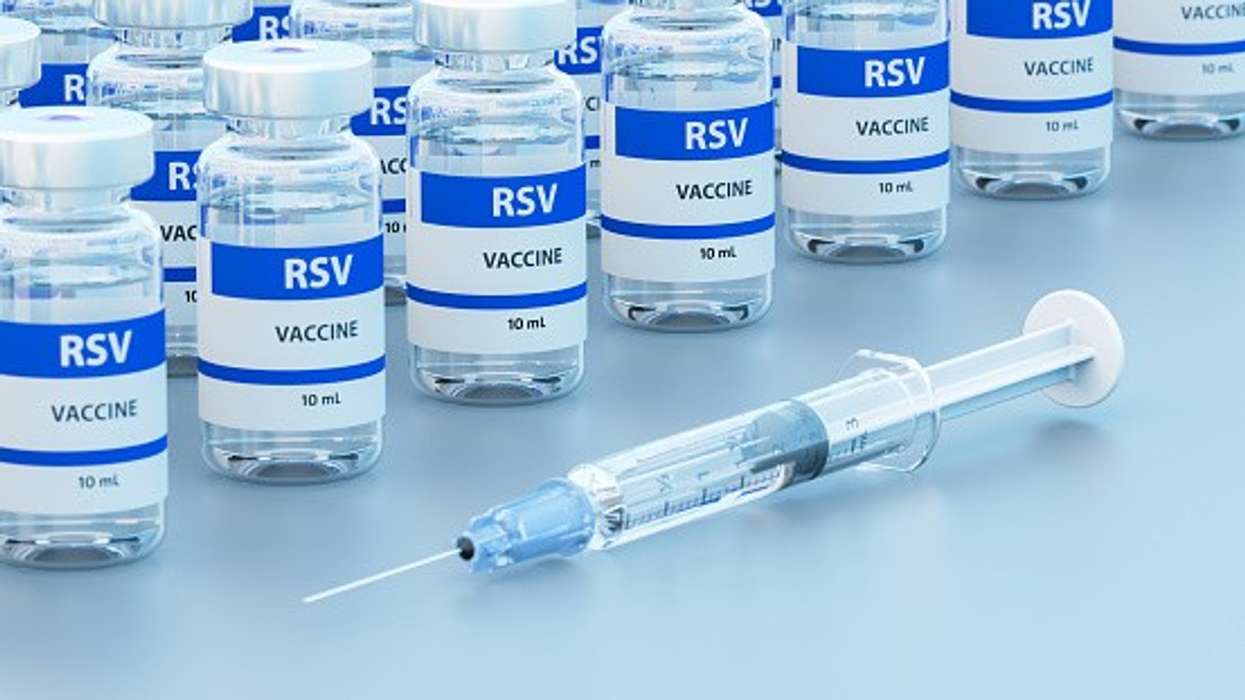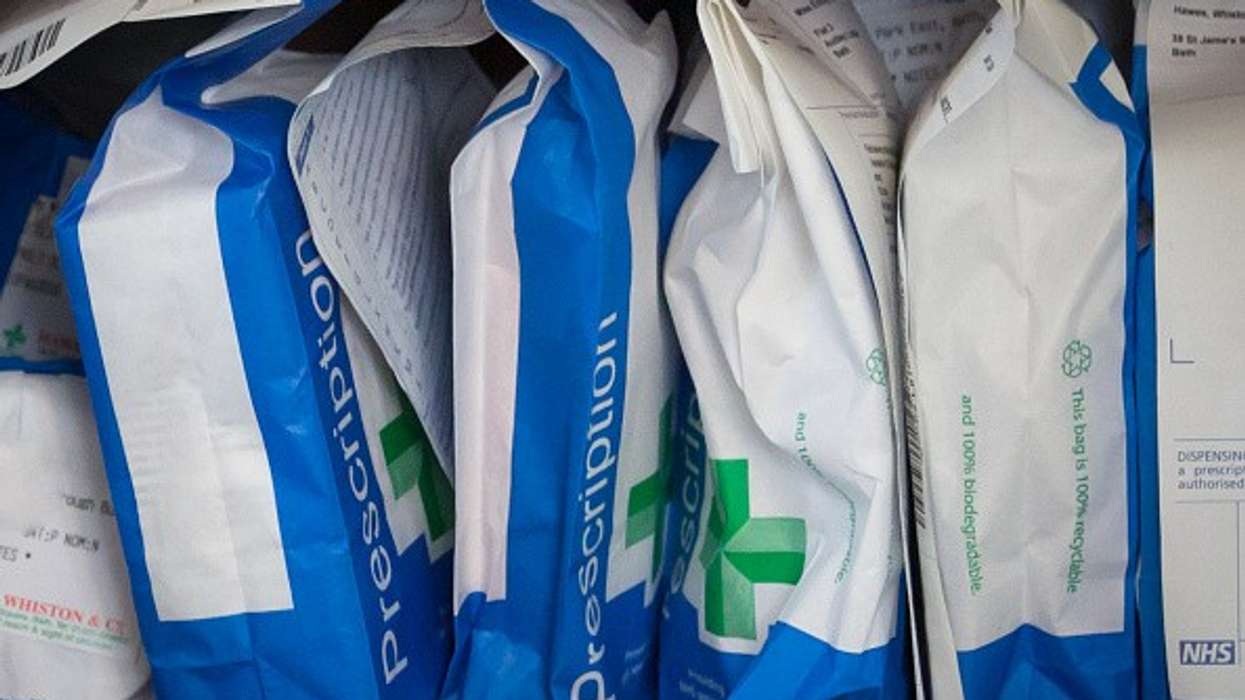The National Pharmacy Association (NPA) has supported Community Pharmacy Scotland (CPS)’s decision to reject the Scottish government’s funding proposal of £20 million for 2023/24.
“Patient services in Scotland could suffer unless there is increased funding for pharmacies," said the NPA.
CPS said the government’s offer was not enough in light of rising costs including higher medicines prices. An interim cash injection of £20m from the government was also described as "insufficient" by CPS.
NPA Board member for Scotland, Phil Galt, said: “The collaborative approach taken in Scotland for many years has resulted in world-leading pharmacy services. The manner in which recent negotiations appear to have proceeded is out of character for the Scottish Government, which has until now worked in close partnership with the sector.
“Other parts of the UK and the wider world see Scotland as a showcase for how to successfully expand access to NHS healthcare via pharmacies. It would be a great shame for Scotland’s international reputation to slip, but of course the main concern is the impact on patient services in Scotland.
“The £20 million cash injection announced as an interim measure, although welcome, doesn’t compensate for the vastly increased wholesale price of medicines being borne by our members in Scotland and across the UK.”
Reason for rejection
Stating the reason behind rejecting the proposed funding, CPS said: “Our own investigations show that this is not sufficient to cover the increase in cost of common medicines.”
Like all businesses, pharmacy costs have increased significantly in the last year. Only difference the sector holds is that it cannot pass on costs to the customer to remain viable as the vast bulk of their income comes from the NHS.
"In particular, the medicines we buy on behalf of the NHS to fill prescriptions are costing us more than they ever have. NHS income is barely covering wholesaler bills in many cases. In some cases, medicines are costing more than we are paid by the government for them, so pharmacy owners are supplying at a loss to maintain continuity of care for their patients," said CPS.
"We know that some are taking to borrowing just to pay their wage bills – a situation which cannot continue."
It further explained, “While £20 million appears to be a very big number, it represents only 1.74 per cent of the annual medicine spend for Scotland. We have had reports that costs have increased by over three times this amount.”
“That is why our negotiations must continue and a much improved offer must be forthcoming from Government colleagues to ensure that current service levels are maintained and access to healthcare is provided.”
"We need immediate Scottish Government intervention to ensure that the Scottish Drug Tariff is bolstered and that there is a financial offer for 2023/24 that enables the continuing success of community pharmacy services in Scotland."
Will fight 'tooth and nail'
Bernadette Brown, an award winning pharmacist in Scotland and owner of owner Cadham Pharmacy in in Glenrothes, Fife, said she was "struggling" like her counterparts in England.
She said the sector was "being underfunded and undervalued and so I totally reject the government's offer".
Brown added that she would and will continue to fight "tooth and nail" to ensure that pharmacists in Scotland "get the recognition they deserve now more than ever" for being the front door to the NHS. “CPS continues to fight on behalf of pharmacists and get us the contract we deserve.”
On Monday (5 June) the Scottish government announced that they have increased the value of the Scottish Drug Tariff by £20m to address increasing drug costs.
This change will be adjusted from 1 May 2023 and will be delivered over the financial year 2023/24. Price changes will be applied across circa 180 lines and these changes have been published on the Public Health Scotland website.
The circular advises of changes to the Scottish Drug Tariff effective from 1 May 2023 in respect of reimbursement of costs borne by community pharmacy contractors when dispensing NHS prescriptions for part 7 medicines.











